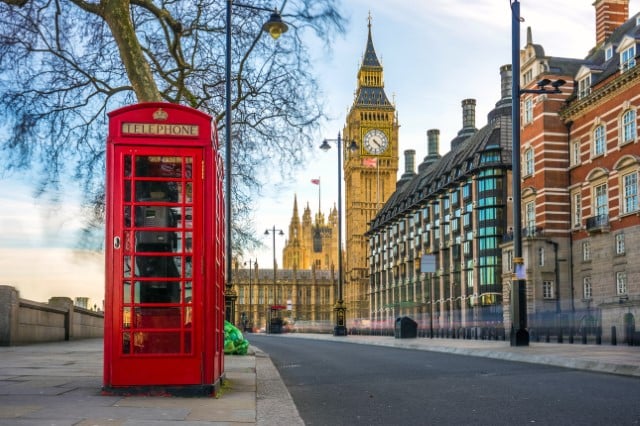Bucking the trend of recent certification decisions, the Competition Appeal Tribunal refused to grant an opt-out collective proceedings order in favour of either of the two competing proposed class representatives in the foreign exchange follow-on claims.[1] In a significant victory, the respondent banks succeeded in their argument that the claims brought by O’Higgins and Mr Evans should not proceed on an opt-out basis. The Tribunal has given O’Higgins and Evans three months to decide whether…
On 8 March 2022, the Competition Appeal Tribunal published its summary of the opt-out collective claim filed by Dr Liza Lovdahl Gormsen against Meta, in relation to alleged abuses of dominance imposed through Facebook’s terms and conditions.[1] As the 17th application for a collective proceedings order made since the class actions regime changed in 2015, it seemed an opportune time to reflect on a few trends in collective claims. More often than not, those claims…
The UK Competition Appeal Tribunal (CAT or “Tribunal”) has certified the first opt-out collective action since the UK class actions regime was introduced in 2015. The application had been dismissed on first consideration but after a series of appeals that went all the way to the Supreme Court, Walter Merricks CBE has been granted a Collective Proceedings Order (CPO) in his GBP 14 billion claim on interchange fees. The size and complexity of the claims…
Following the European Commission’s decision in February 2018 to fine shipping companies EUR 395 million, consumer rights champion Mark McLaren has launched a class action in the UK Competition Appeal Tribunal (the “Tribunal”).[1] The European Commission found that maritime car carriers fixed prices, rigged bids and allocated the market for roll-on, roll-off (“RoRo”) transport of vehicles. Estimated to be worth £150 million, the follow-on class action is brought on behalf of all persons who purchased…
On 4 March 2020, the UK Competition Appeal Tribunal (the “Tribunal”) handed down a significant judgment in the UK’s follow-on Trucks cartel litigation, in which it determined those parts of the European Commission (“Commission”) settlement decision that are binding in establishing liability.[1] The Tribunal also considered whether it can be an ‘abuse of process'[2] for defendants to contest facts previously admitted in their settlement with the Commission. Which parts of the Commission decision are binding?…
1. Summary of English case law The most recent English case to consider the application of choice-of-forum clauses in commercial contracts to cartel damage claims was Microsoft Mobile OY (Ltd) v Sony Europe Limited [2017] EWHC 374 (Ch). This case centred on a cartel damages claim brought by Microsoft against Sony with regard to contracts for the sale of lithium-ion batteries. The supply contract contained an arbitration clause and, importantly for this decision, the agreement also…
The UK’s Competition Appeal Tribunal (“CAT”) has refused to certify the £14 billion consumer class claim brought against Mastercard under the English class action regime introduced in October 2015. This is the second collective action filed under that regime and both have failed at this first hurdle in the procedure. However, this does not necessarily signal that the regime cannot be used for appropriate cases and on behalf of carefully designed classes of claimant. The…




